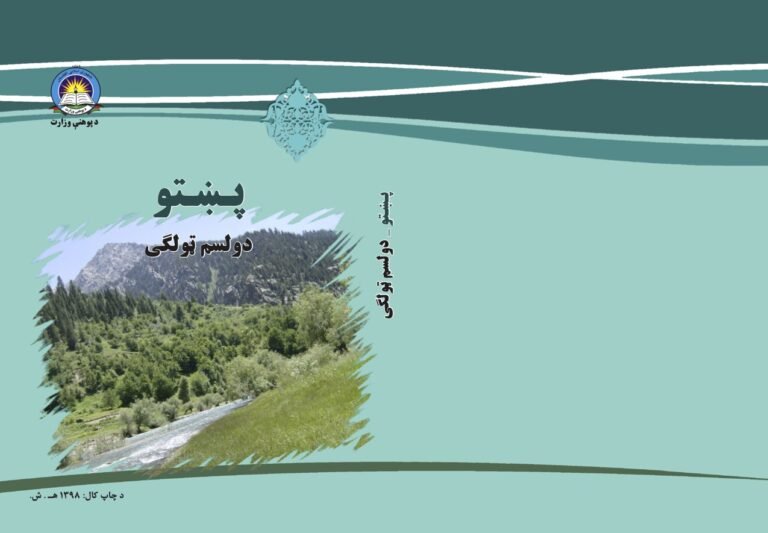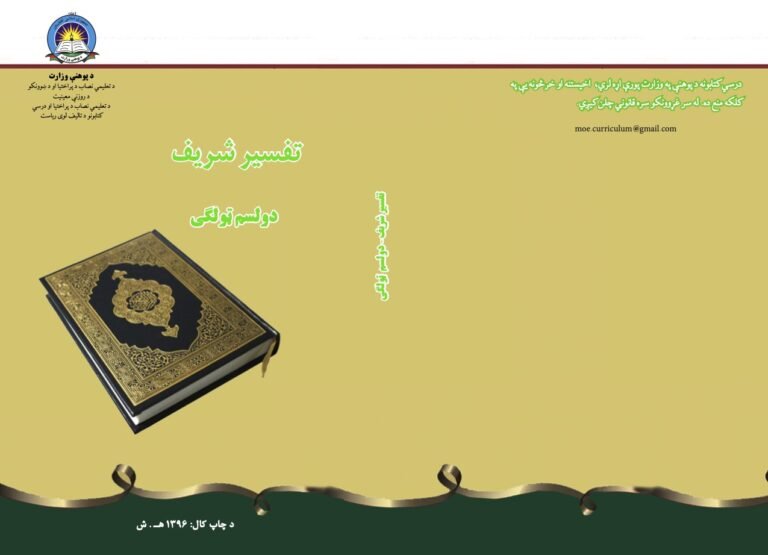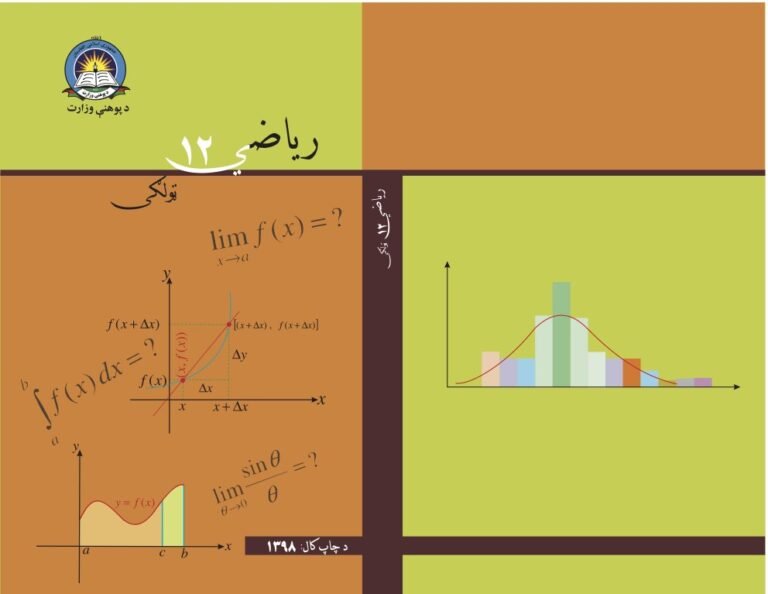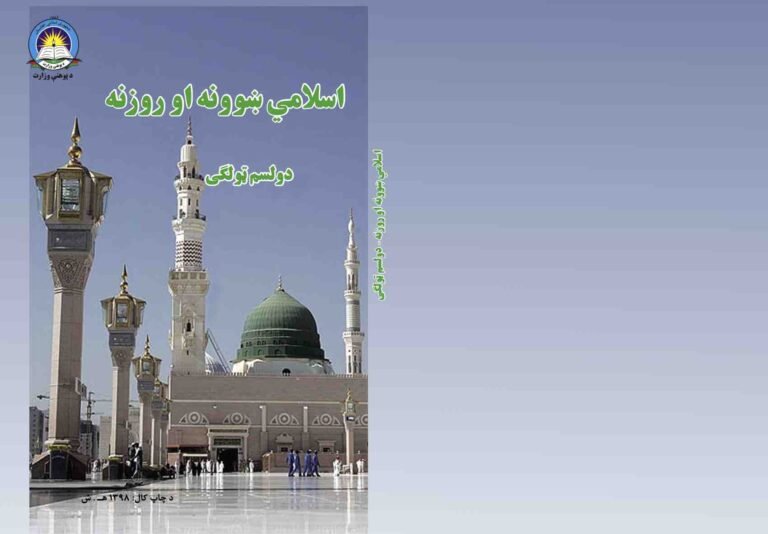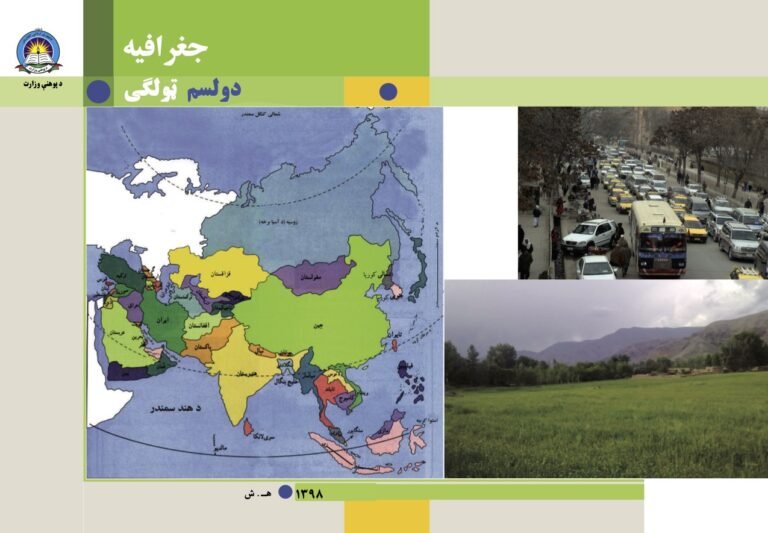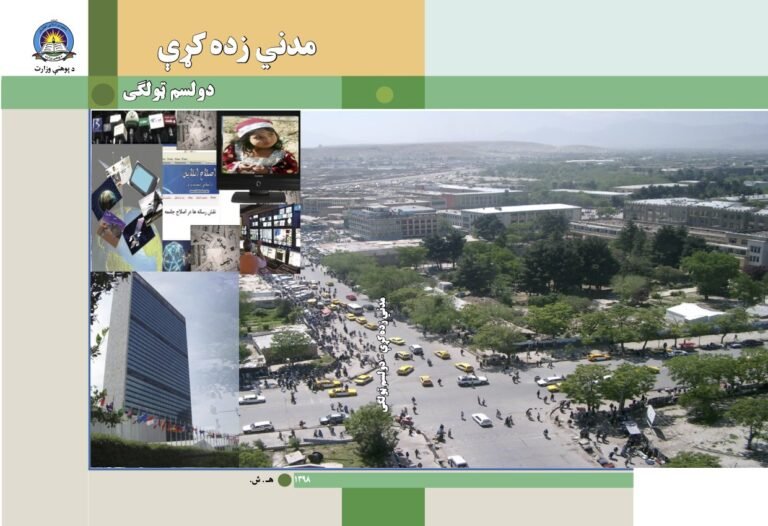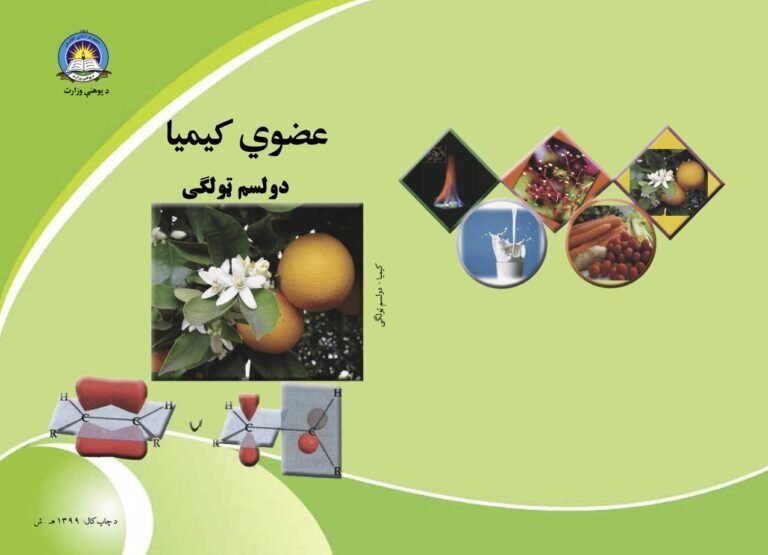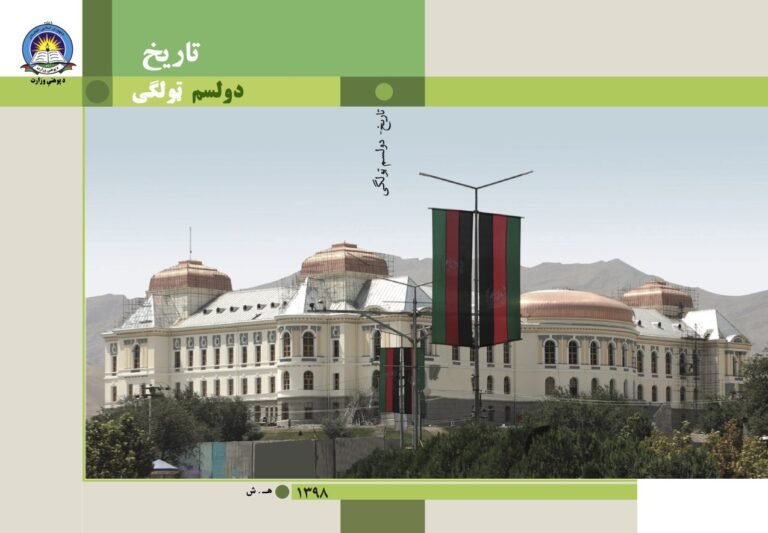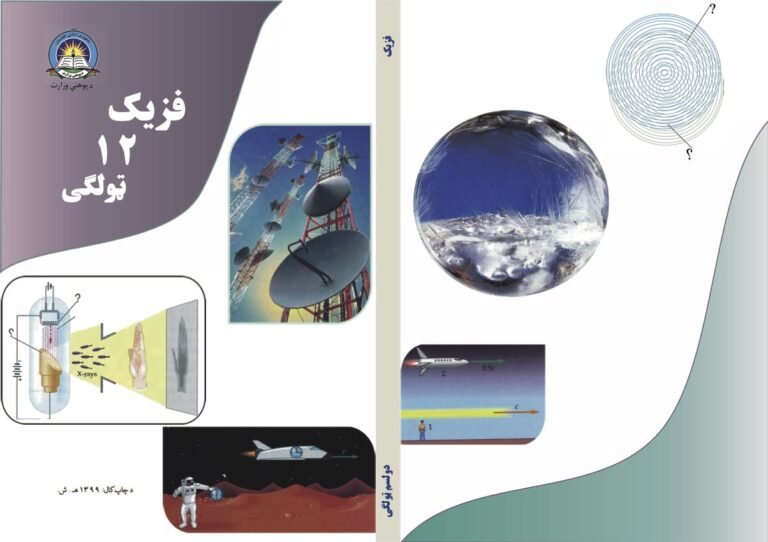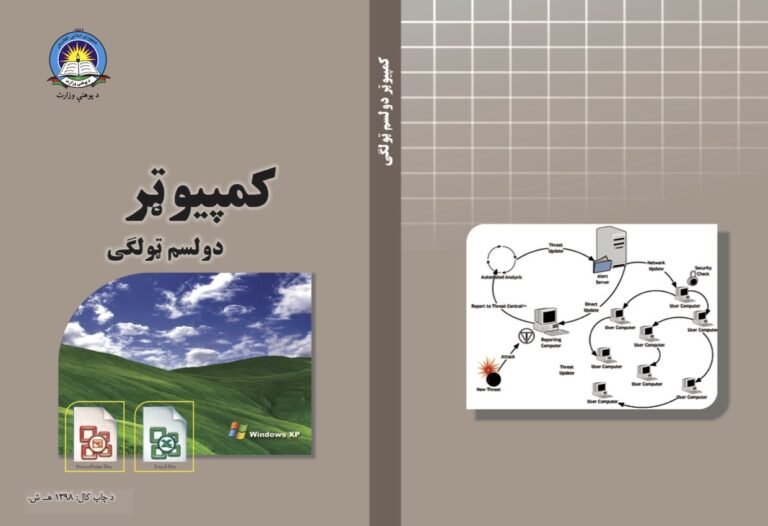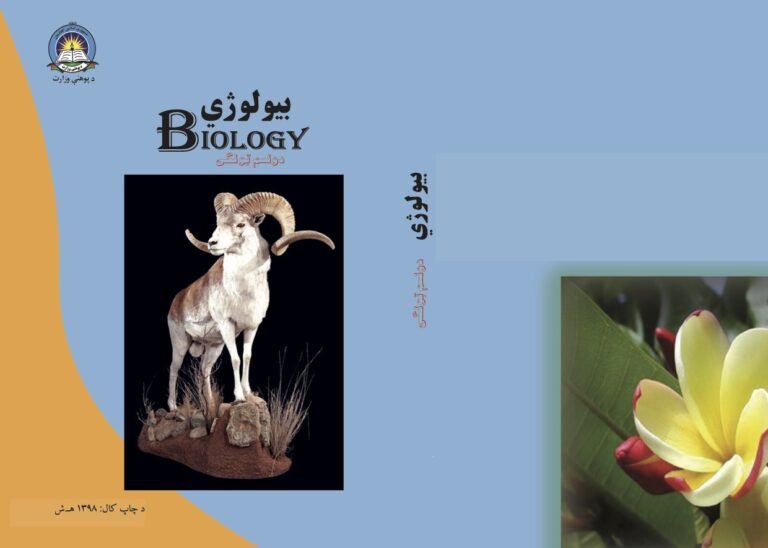Grade Twelve Books
Subjects studied in Grade One in Afghanistan Schools
1. Geography:
In grade 12, geography is more advanced where issues to do with global climates, natural resources or the effects of human being on his environment are addressed. Geographical theories are learnt and students are also trained to evaluate global and regional challenges.
2. Islamic Studies:
In the Grade 12 Islam emphasis is given to Islamic Jurisprudence, the Prophet Muhammad (PBUH) biography and Islamic history. They learn ethics, values and uses of Islamic sciences in the society.
3. Math:
Mathematics’ content encompass other higher classes like calculus, geometry, and algebra. It follows that students use these knowledge areas in order to solve other mathematical problems, for further academic programs or for such intents as recognition of carrera in advertising higher education or professional institutions.
4. Pashto Language:
The subject also includes higher level grammar, prose, poetry and essay writing in the Pashto language. Students qualify their self in reading of such works and historical literature of pashto culture and also qualify their language skills.
5. Tafseer:
In Grade 12 Tafseer lessons teach the understanding of verses in the Holy Quran. Following comprehensively interpret the verses into students’ understanding of the revelation and teachings of Islam and how the knowledge can be used in interpersonal and social life.
6. English Language:
English in the last year of high school entails advance reading, critical, and academic writing. Students enhance their communication skills at the classroom and also the particularities of the literature and the superior words in the student expectations for future academic tests.
7. Biology:
Biology contain topics like genetics, human anatomy, evolution and environmental biology for more enhanced classes. Students does practical lessons and gain good knowledge in life science in order to practice science or medical service jobs.
8. Dari Language:
Dari lessons focus on analyzing texts, poetry, prose, and other, as well as the criticism of classical and the contemporary works. It becomes easier for students to write better while at the same time, learning Dari culture and literature in detail.
9. Civic Studies:
In Civic Studies, learning is centered on political structures, leadership and duties of the citizens. Students get to understand human rights, the law, and ways to exercise their political and social citizenship.
10. Chemistry:
Teaching of chemistry at secondary level involves subject contents that include, organic compounds, chemical reactions and properties of matter. Students practice laboratory experiments, and learn about how chemistry is used to explain everyday occurrences.
11. Computer:
Computer studies educate the clients on advanced operations of computers such as programming, database administration and computer security. They also learn communication technology, its uses in today’s society and how the students themselves ought to harness these technologies.
12. Physics:
Physics deals with such courses as electricity and magnetism, kinetic and thermal energy, and the atomic-molecular world. Skills acquired enable students to solve sophisticated physical problems in everyday context through theoretical and practical work.
13. History:
World history and Afghan history are emphasized and the essential history lessons entail major shifts and revolutions globally. Students learn to make meaning of historical data and ascertain ways in which events of the past influenced future politics, economy, and social relations.
Join Us on Social Media
Share with others

